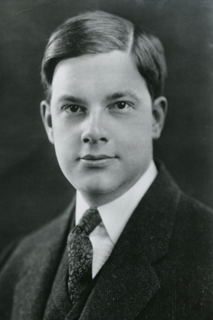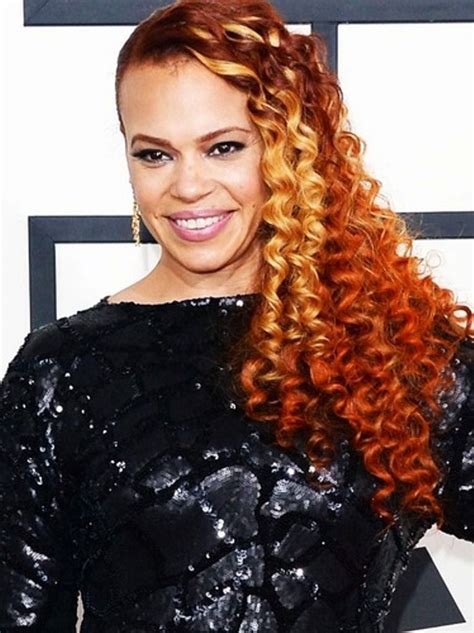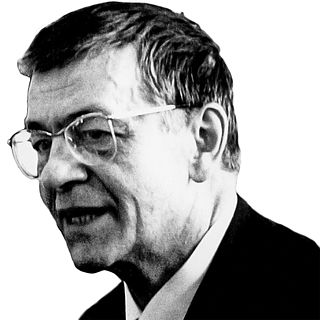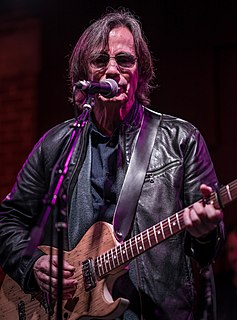A Quote by Joyce Kilmer
For nothing keeps a poet
In his high singing mood
Like unappeasable hunger
For unattainable food.
Related Quotes
Hunger makes you restless. you dream about food - not just any food, but perfect food, the best food, magical meals, famous and awe-inspiring, the one piece of meat, the exact taste of buttery corn, tomatoes so ripe they split and sweeten the air, beans so crisp they snap between the teeth, gravy like mother's milk singing to your bloodstream.
It seems to me a purely lyric poet gives himself, right down to his sex, to his mood, utterly and abandonedly, whirls himself roundtill he spontaneously combusts into verse. He has nothing that goes on, no passion, only a few intense moods, separate like odd stars, and when each has burned away, he must die.
Happy indeed the poet of whom, like Orpheus, nothing is known but an immortal name! Happy next, perhaps, the poet of whom, like Homer, nothing is known but the immortal works. The more the merely human part of the poet remains a mystery, the more willing is the reverence given to his divine mission.
Hunger is the worst form of deprivation of a human being. Although inability to access food is the immediate cause of hunger, the real cause in most of the incidents of hunger is lack of ability to pay for food. If we are looking for ways to end hunger then we should be looking at ways to ensure a reasonable level of income for all
When Christ said: I was hungry and you fed me, he didn't mean only the hunger for bread and for food; he also meant the hunger to be loved. Jesus himself experienced this loneliness. He came amongst his own and his own received him not, and it hurt him then and it has kept on hurting him. The same hunger, the same loneliness, the same having no one to be accepted by and to be loved and wanted by. Every human being in that case resembles Christ in his loneliness; and that is the hardest part, that's real hunger.
We're all so clogged with dead ideas passed from generation to generation that even the best of us don't know the way out We invented the Revolution but we don't know how to run it Look everyone wants to keep something from the past a souvenir of the old regime This man decides to keep a painting This one keeps his mistress He [ pointing ] keeps his garden He [ pointing ] keeps his estate He keeps his country house He keeps his factories This man couldn't part with his shipyards This one kept his army and that one keeps his king






































